Stephen Enoch
At 36, Balarabe Iliyasu should have been living his dream.
He once pictured himself on television, holding a mic, commanding airwaves with the charm of a media personality.
A son of Ungogo in Kano State, he was always mesmerized by the world of radio and television.
“I just love anything about the media,” he said, his voice steady but with the weight of hindsight.
And so, with ambition in his heart, Balarabe enrolled at Bayero University Kano (BUK), eager to carve out a career. But by his third year, his dreams had taken a dangerous detour.
“I had money from a car business. I was a big boy on campus. To roll with the cool crowd, I had to do what they did, and that meant drugs,” he told Stallion Times.
By his third year, he wasn’t just using, he was dealing.
What began as “just a pill to stay happy” turned into an all-consuming addiction.
Before long, Balarabe wasn’t just a user; he was a dealer. By the 300 level, he’d sold both his cars to fund the habit.
He estimates that he spent over a million naira in five weeks at his worst.
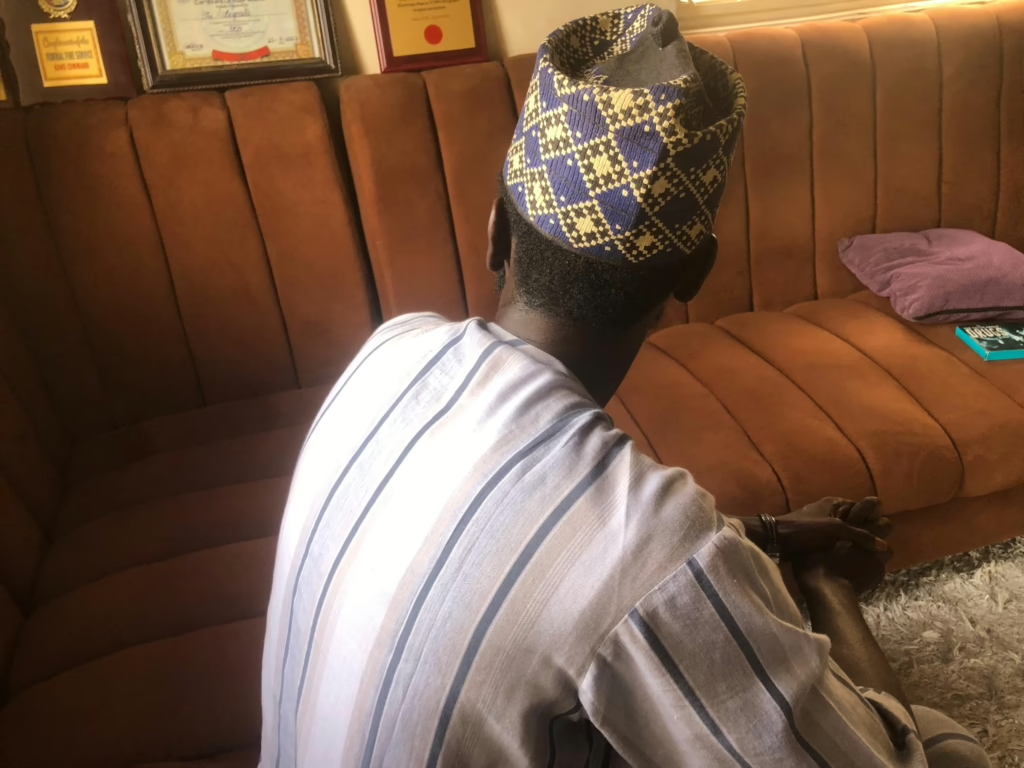
Eventually, he was expelled from university. The boy who once lit up at the sight of a studio camera had become a shadow of himself, trapped in a cycle of substance abuse for over a decade.
But in December 2024, his story took a turn.
“My family took me to LESPADA. That was the start of my freedom,” he said.
With their help, he began the arduous climb out of addiction. Today, Balarabe is drug-free and one of LESPADA’s most active volunteers, using his story to help others find their way out.
The Bigger Battle: A State in Crisis
Kano has long been in the grip of a quiet but deadly epidemic, one that steals not just health, but futures. From classrooms to street corners, drug abuse has turned promising lives into cautionary tales.
National statistics paint a grim picture.
A 2018 survey by the UNODC found over 14.3 million drug users in Nigeria. Two years later, that number had more than doubled, with over 36 million suffering from drug use disorders.
According to NDLEA reports from 2016 and 2017, Kano consistently ranked top among states for drug-related arrests and seizures.
But amidst this crisis, hope is rising thanks to organisations like the League for the Societal Protection Against Drug Abuse (LESPADA).
Healing, One Life at a Time
LESPADA doesn’t wait for drug users to come to them. They go to where the problem lives. Schools, neighbourhoods, and slums. They walk in with snacks, free drugs and HIV tests, and most importantly, open hearts.
Muzammil Kurawa, Program Manager at LESPADA, speaking on behalf of the Executive Director, Amb. Maryam Hassam, explained: “Once we identify a user, we begin counselling immediately.
“If the case is severe, we refer them to hospitals, and if they can’t afford treatment, we find a way to help.”
Balarabe isn’t their only success.
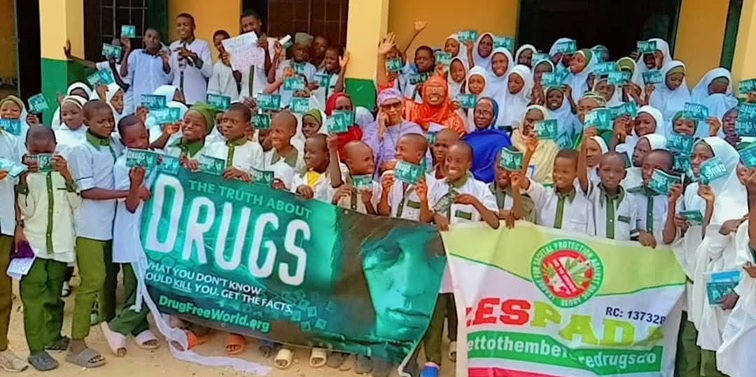
Hamza’s Story: From Stigma to Strength
At 23, Usman Hamza (not his real name) was another student trying to cope. One puff of shisha led to marijuana, and before long, school became impossible. By 2021, he was expelled from Sa’adatu Rimi College of Education.
But the expulsion wasn’t the worst part.
“My family called me a disgrace. I didn’t care at first; I had friends who still smoked with me. But eventually, they all moved on. I was alone.”
He tried and failed to quit multiple times. Then one day, LESPADA held an outreach in his community.
“They didn’t treat me like a junkie. They treated me like a person. That changed everything.”
Today, Hamza has been clean for six months. He sells car parts in Tarauni and recently helped a 12-year-old boy begin rehab.
“That could’ve been me. Now I help others choose differently,” he said.
“My word to the youth in Kano is that. If you’ve fallen, there is still a way back.”
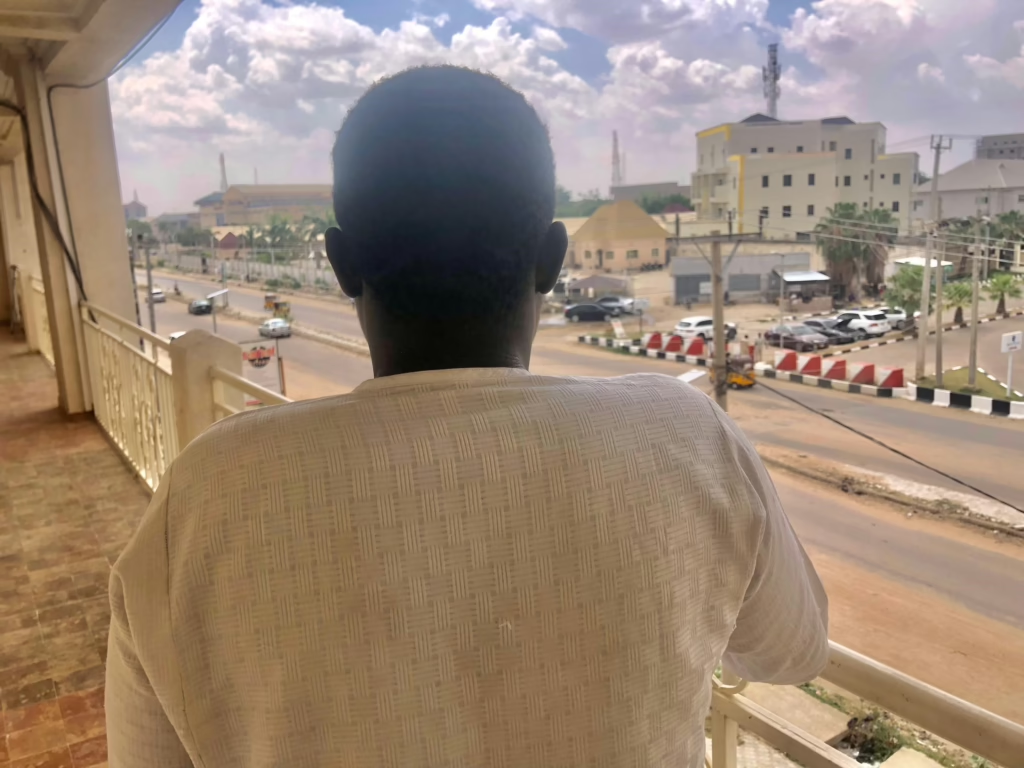
According to a 2018 national drug use survey by the United Nations Office on Drugs and Crime (UNDOC), there were 14.3 million drug users in Nigeria, a quarter of whom suffered from drug use disorders, leading to missing school or work, doing a poor job at work or neglecting their families.
A 2020 report by UNODC revealed that over 36 million Nigerians suffered from drug use disorders.
Likewise, 2016 statistics by the National Drug Law Enforcement Agency (NDLEA) showed Kano leading other states in the number of suspects arrested for drug-related offences and the number of hard drugs recovered by the Agency. Again, NDLEA’s 2017 report showed Kano at the top of the chart of arrests and recoveries for hard drugs.
LESPADA’s Strategy: Love, Prevention, Purpose
With support from NDLEA, the Red Cross, NAFDAC, and others, LESPADA has reached over 2,000 schools, raised awareness in hard-to-reach communities, and helped hundreds enter rehabilitation.
Their secret? Follow-up.
“Detox isn’t the end,” says Kurawa. “We help them return to school, learn trades, or start businesses. Without purpose, relapse is likely.”
Still, challenges remain. Funding is low. The pressure from drug rings is real. Relapses happen.
“You can’t force people to change. But we’re here when they’re ready,” Kurawa said.
With programmes already expanding to Plateau, Jigawa, and Gombe, LESPADA is proving that their model works and can be replicated across Nigeria.
“Every state can adapt this,” Kurawa said. “All it takes is commitment, community, and compassion.”
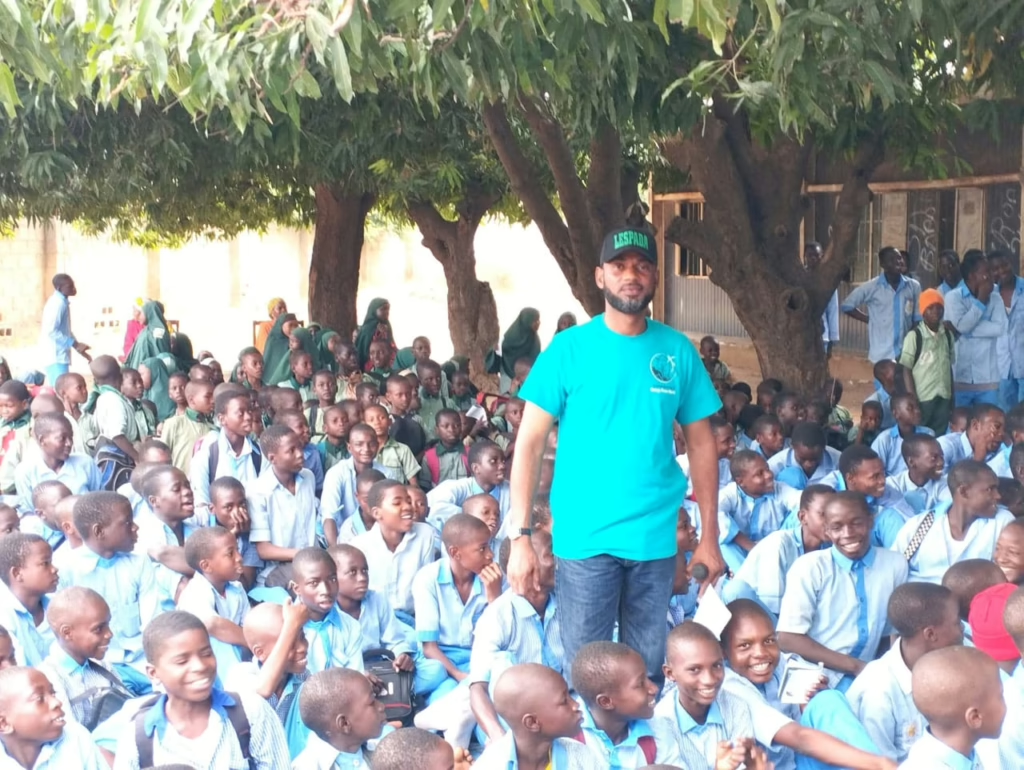
Despite Successes, Challenges Remain
Even with visible impact reaching over 3,000 drug users in Wudil and Ungogo LGAs through a USAID-funded project in 2023/24, relapse is still a harsh reality.
“You can only force the horse to the river, but not to drink. Many users face constant pressure from their former circles,” Kurawa admits.
“Hamza still gets phone calls from his old drug friends, but he has blocked them all,” he added.
Funding is another major hurdle. “The funding for the fight against drugs from the government is a drop in the ocean compared to the need.
“Even as we are fighting drugs, some of the drug barons, peddlers and those in the value-chain of drug abuse are fighting us,” he lamented.
NDLEA Affirms LESPADA’s Impact in Kano Drug War
The Kano State Commander of the NDLEA, Abubakar Ahmad, says LESPADA has been identified as the agency’s “number one partner” in the fight against substance abuse in the state over time.
He described the organization as not just an ally but a working extension of the NDLEA in reaching communities, schools, and drug-dependent individuals.
“A major highlight of the partnership is the establishment and spread of War Against Drug Abuse (WADA) Clubs across schools in Kano,’ he told this reporter.
With more than 2,000 schools reached in the state, NDLEA says LESPADA has been pivotal in pushing WADA activities into the remotest corners.
“Whether it’s a road walk, school sensitization, or radio awareness, we plan and execute it together. In fact, when we can’t attend a program, we sometimes ask LESPADA to represent us,” he said.
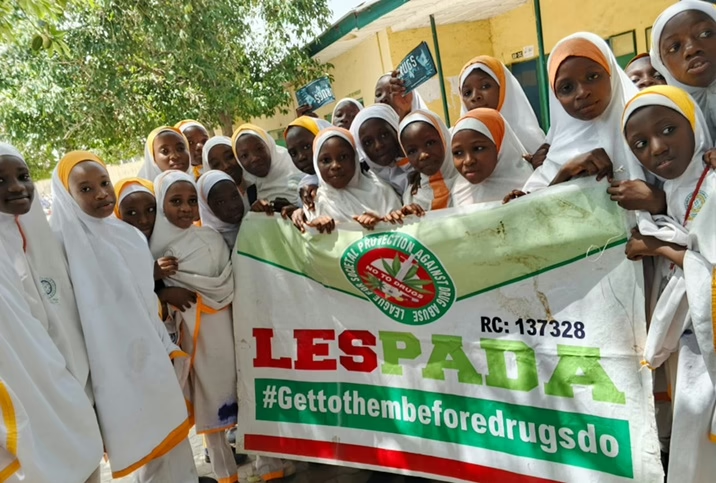
Visible Impact
“LESPADA’s work has not gone unnoticed.
“So many homes have opened up now. Most people are no longer in denial about drug issues. They are seeking help, thanks to the information reaching them through LESPADA’s outreaches,” Ahmad stated.
While no new national survey has been released since 2018, Ahmad affirmed that the volume of awareness campaignsand growing public responsiveness strongly confirms that the prevalence of drug use is dropping.
For years, drug abuse in Kano felt like a war already lost. But now, young people like Balarabe and Hamza are fighting back not with shame or silence, but with stories, second chances, and support.
And slowly, the tide is turning.
This story was supported by The Scoop Storytelling Fellowship

